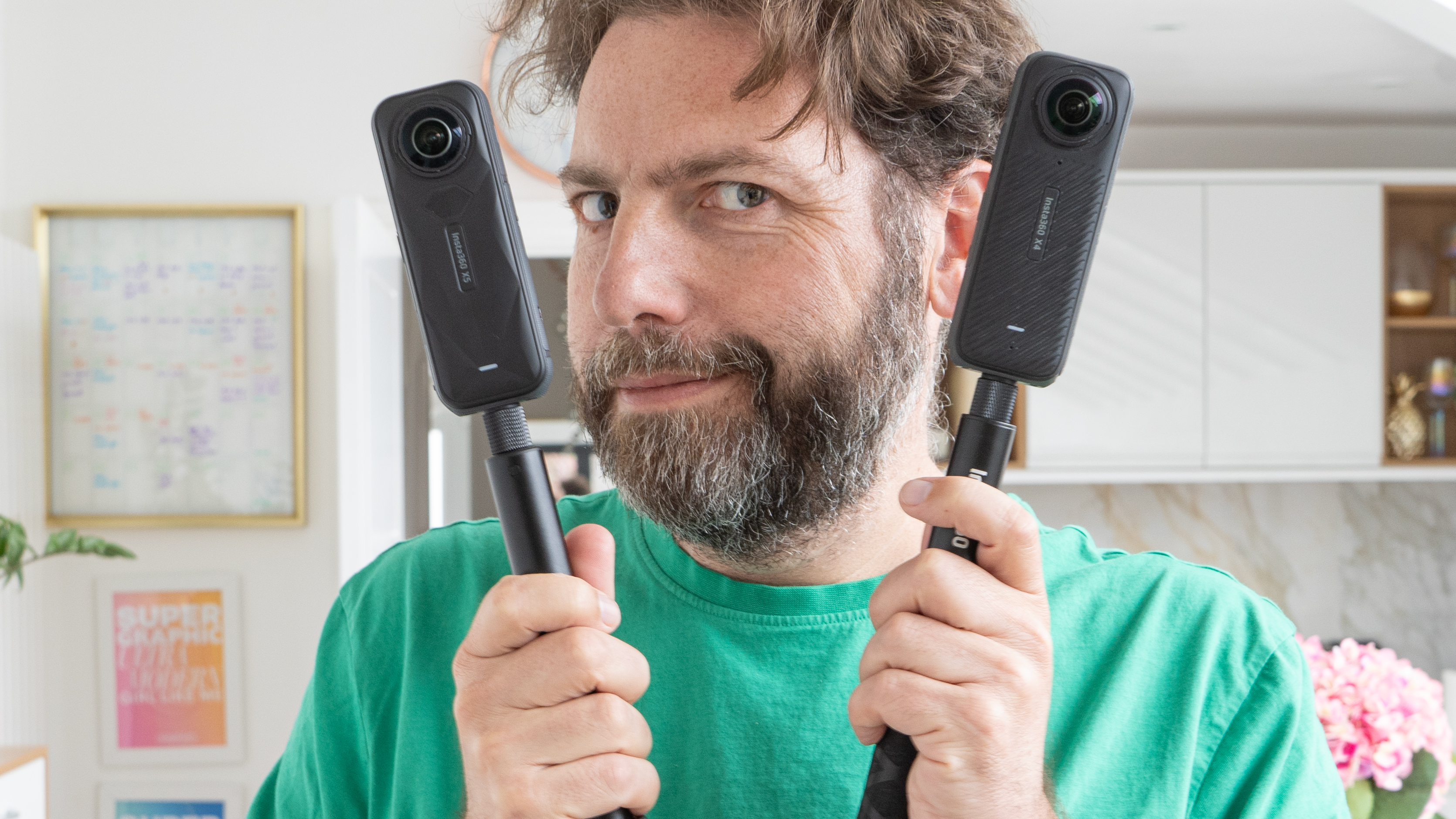Lensa won't replace artists but it could force them to lower their prices
The latest viral app is bad news for artists who don't have a choice about whether their work is used to train AI machines
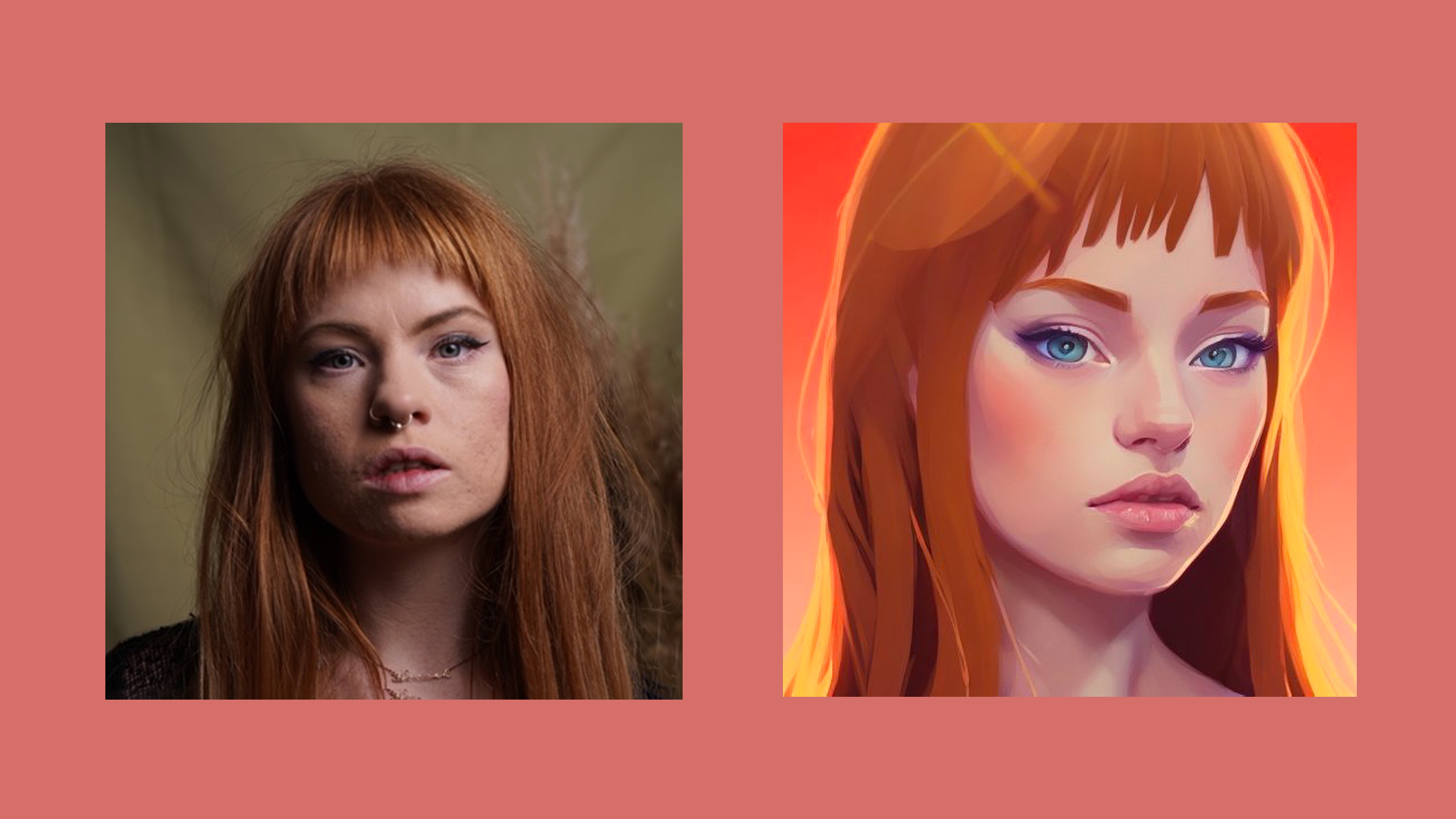
Last week we reported about the latest app of the moment; Lensa. The AI-powered photo editing tool has a brand new feature that’s made it a viral sensation. The introduction of magic avatars has catapulted it to the top of both the Apple and Android app charts, but there is some concern over how ethical Lensa really is.
Creating a set of alternative versions of yourself might just seem like a little bit of fun but it has some serious implications for the creative community – especially digital artists. Lensa is taught different artistic styles using a deep learning model called Stable Diffusion. Using art found on the internet, it’s been taught the nuances between different genres of digital illustration such as fantasy, iridescent, and anime. It then combines this knowledge with selfies you upload to create avatars that look like you.
• These 10 AI Photoshop tools will make editing easier and faster
One of the biggest concerns about Lensa is that artists are not being credited when their style is being copied. There is no option to opt in or out, so artists can’t have a say in whether they want their work to be used to train the AI machines powering the app.
This in itself is a massive issue; it’s no secret that artists can find it difficult to make ends meet, especially in this post-covid, cost-of-living-crisis era. There's a growing concern that apps like Lensa will make it even harder for artists to make a living as it provides a very cheap way for people to generate artwork that would otherwise have to be commissioned by a real, human artist.
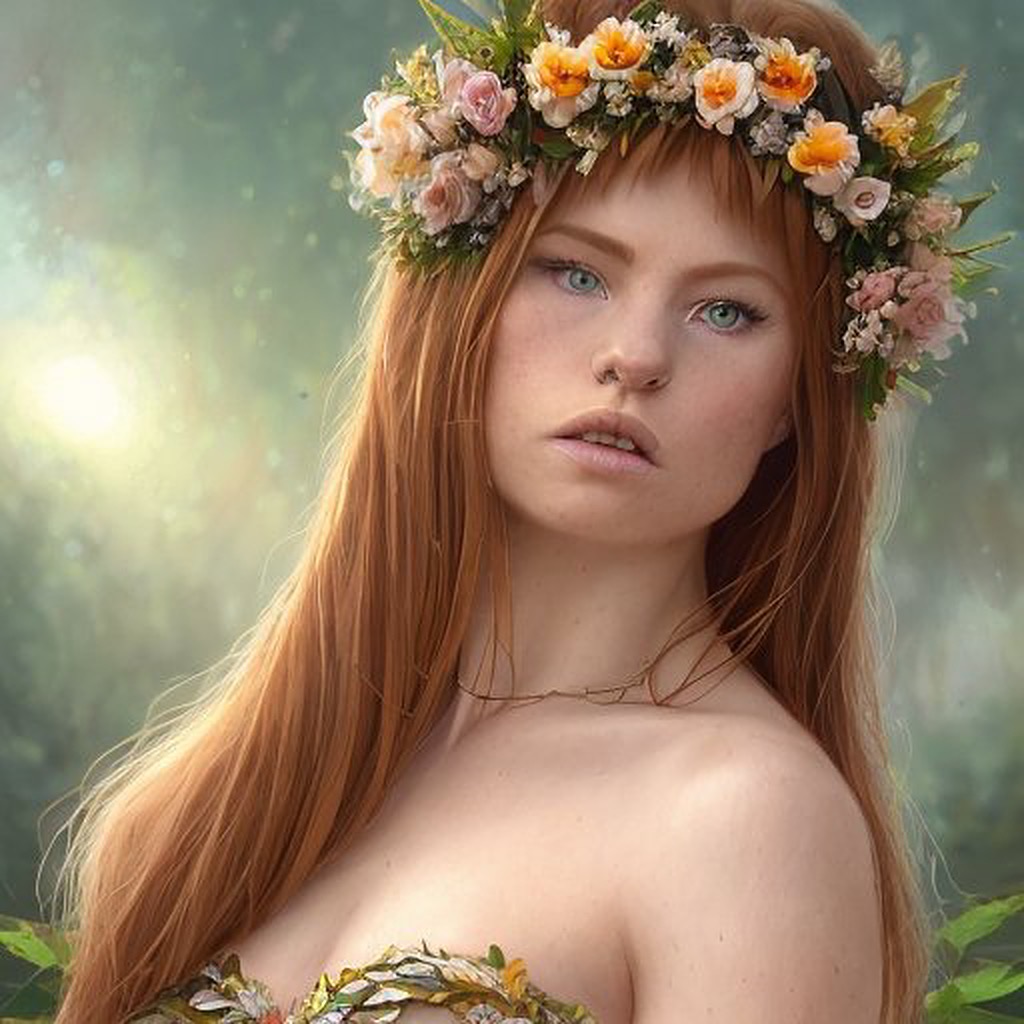
Initially, I was wary about uploading my selfies – not just because of the implications for the artists but because I was unsure how this sensitive data might be used. Although Lensa claims to delete all your photos from its server after creating your avatar I couldn’t help but be a little dubious. However, all of the self-portraits I used were images I’ve previously posted on social media, so arguably, they’re already out there for the world to find and use if they want to.
Does Lensa create unrealistic beauty standards?
As much as I wanted to be unimpressed with what it generated, I was blown away by how good I looked in some of the pictures. This leads me to my next issue with the app… when you look at a computer-generated, stylized version of yourself and then compare it to how you look in real life, it’s hard to maintain your self-confidence. With flawless skin, plumped lips and bright big blue eyes, you’re left comparing yourself to something that’s not even real but wishing you looked more like it.
Get the Digital Camera World Newsletter
The best camera deals, reviews, product advice, and unmissable photography news, direct to your inbox!
We already have daily battles with beauty standards, from watching adverts, scrolling on social media or comparing ourselves to models and influencers who keep to strict diets, edit photos knowingly and can afford to pay for personal trainers, etc. I don’t think we need another app or platform that will cause people to think less of themselves. We need platforms that do the opposite.
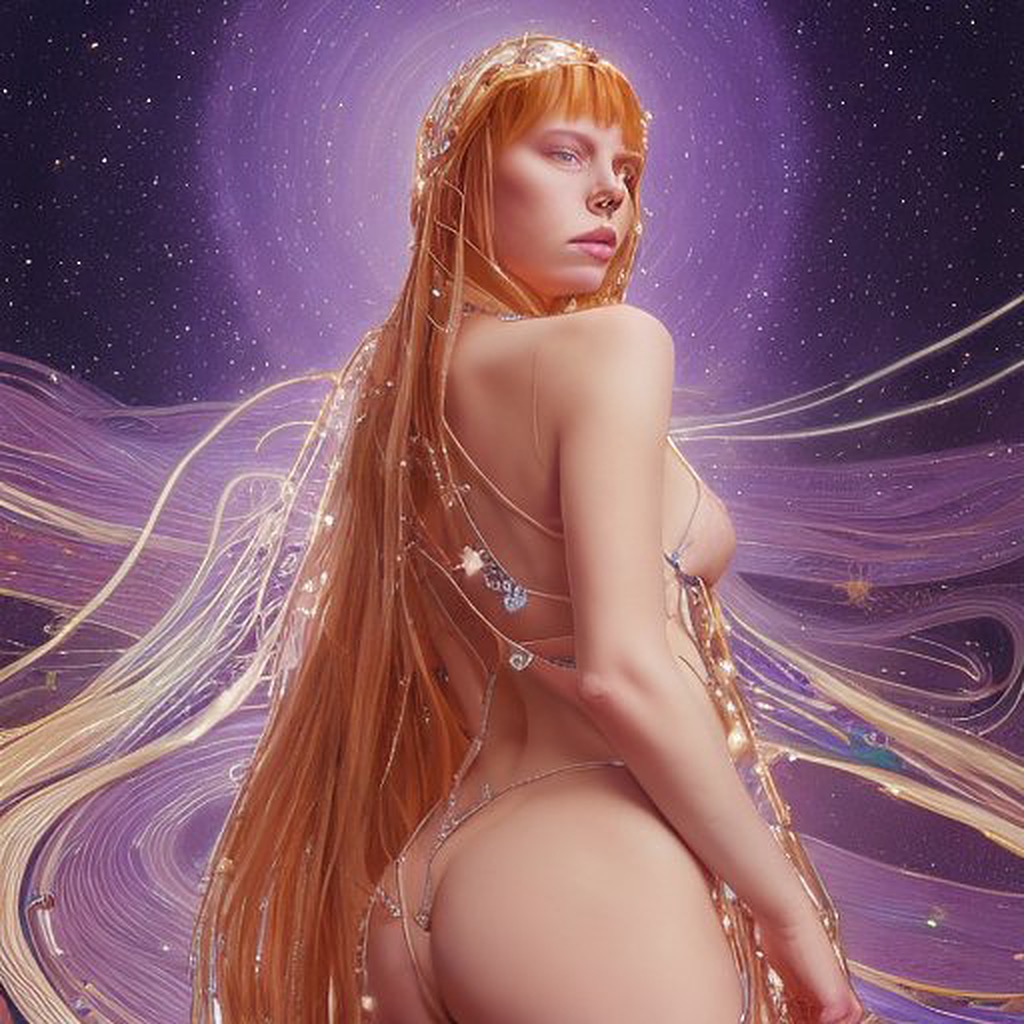
Many of the avatars generated for me were also massively over-sexualized. Despite only uploading photos of my face, Lensa took it upon itself to generate photos of my entire body where it ‘guessed’ the size of my boobs, waist and bum for example, more often than not exaggerating each. The outfits worn were skimpy (albeit very cool), the poses seductive and for younger people using the app, very inappropriate.
I truly still don’t know what to make of Lensa. I find it fascinating, entertaining and entirely futuristic but at the same time I have my reservations. For people who care about art and artists, I don’t think this will be a replacement for paying someone to create a portrait of you however I do worry it will force artists to put their prices down as a way of competing.
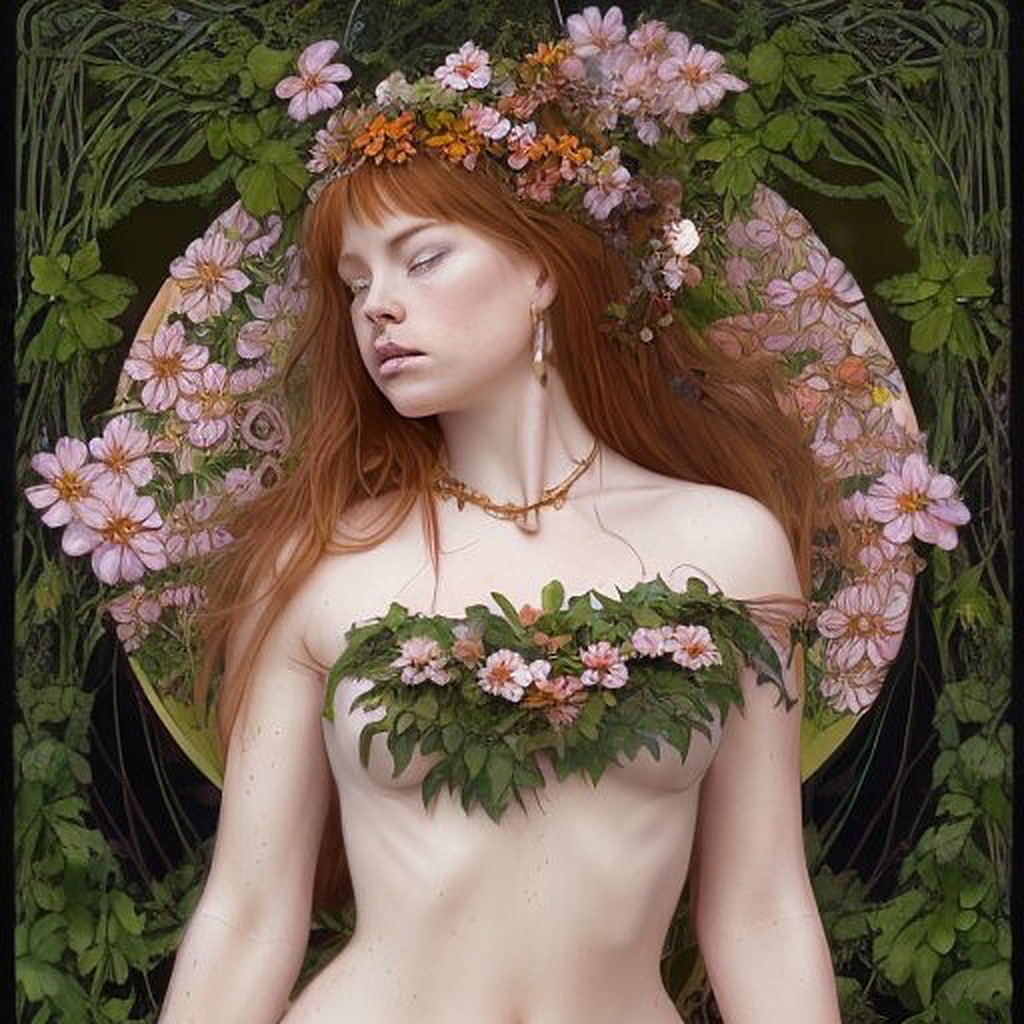
Will Lensa impact digital artists?
For those people who don't care about art and who just want a cheap way of getting a new profile picture or are naive to how the app could affect the livelihoods of artists, I think it could cause a lot of problems – some of which we still aren’t able to properly understand.
Artists should be able to say whether they want their work to be used and if they opt in, there should be a way of crediting the artists used to teach the AI machines. You wouldn’t post an image in a magazine or online without crediting the artist so I don’t know why it should be any different for AI-generated images.
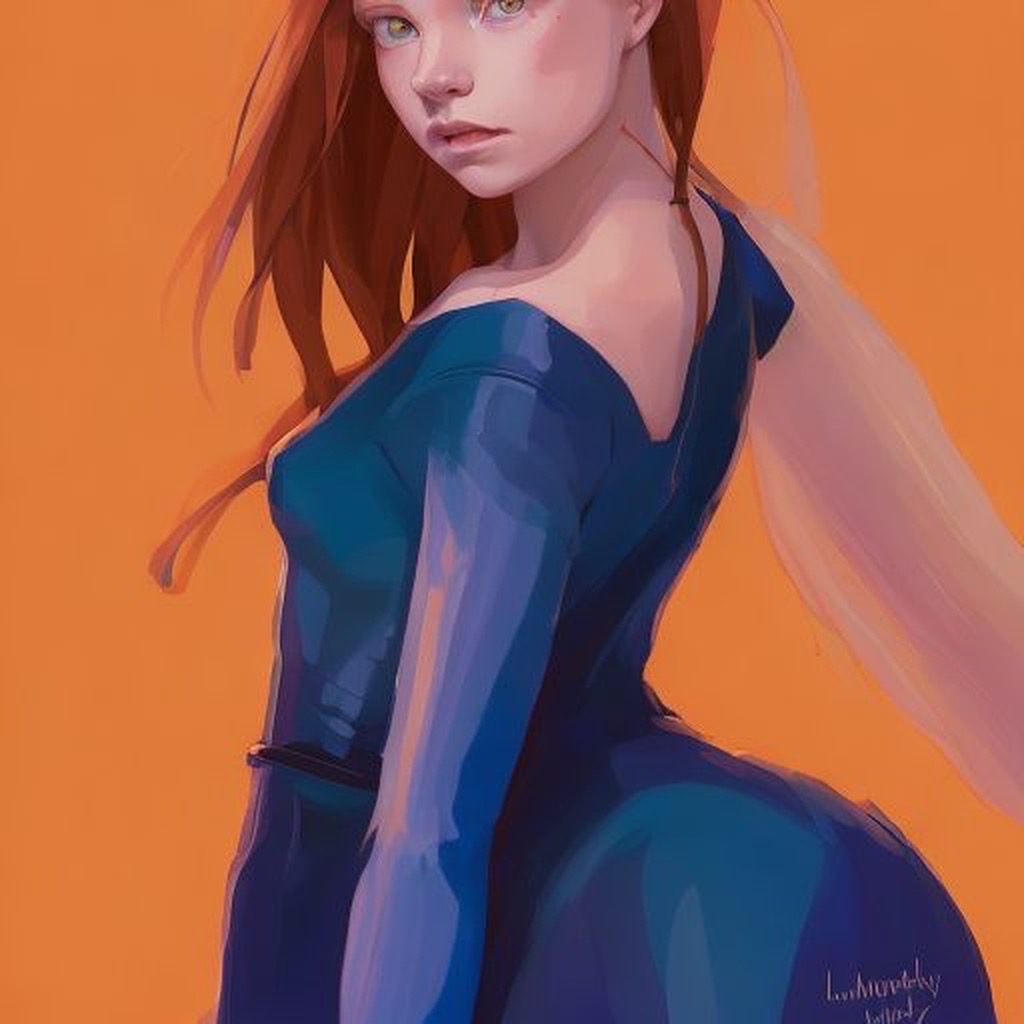
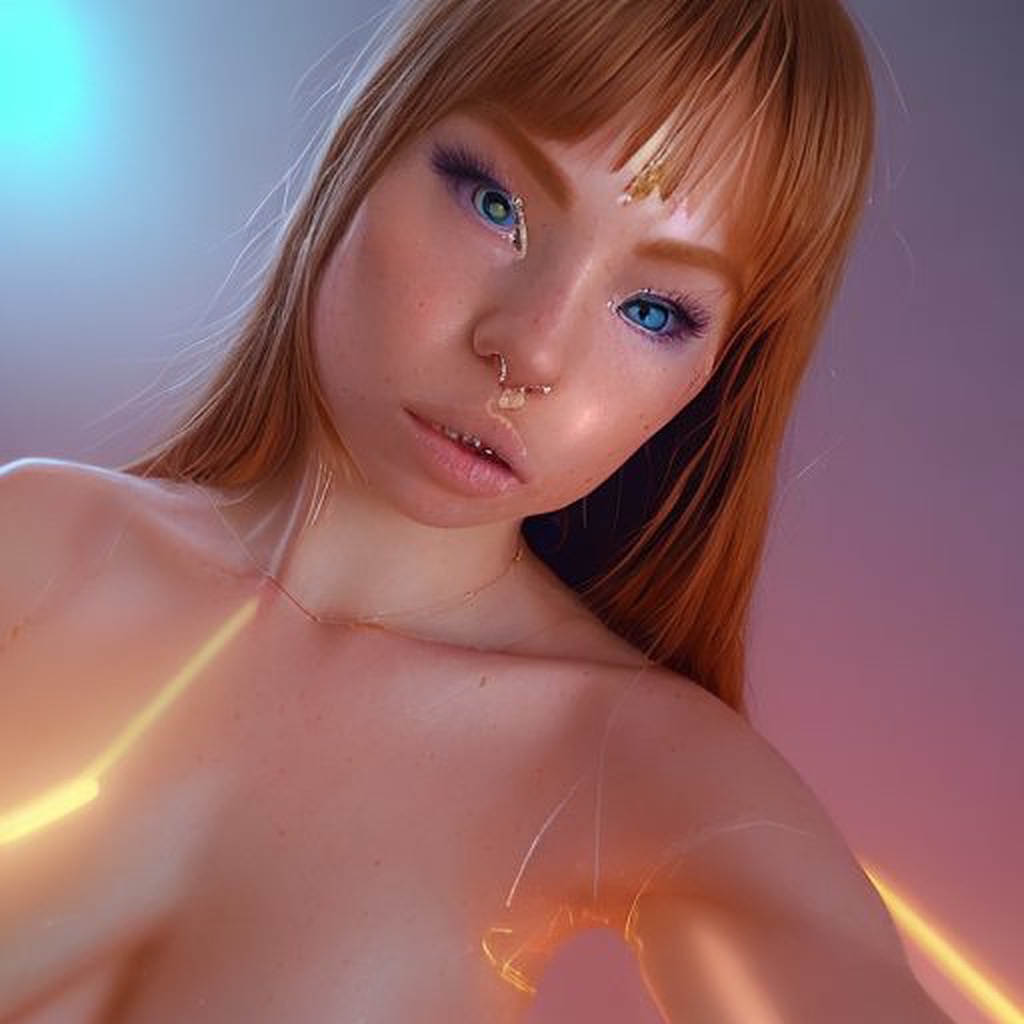
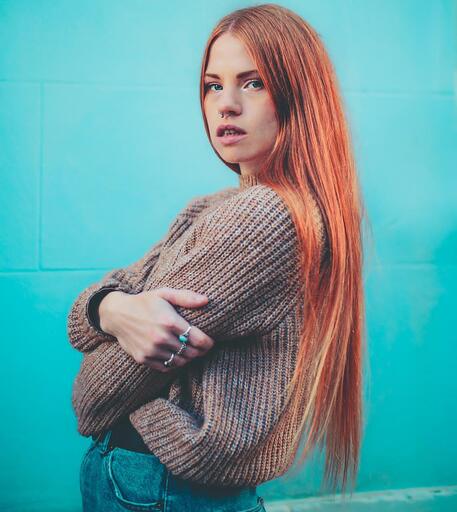
Having studied Journalism and Public Relations at the University of the West of England Hannah developed a love for photography through a module on photojournalism. She specializes in Portrait, Fashion and lifestyle photography but has more recently branched out in the world of stylized product photography. Hannah spent three years working at Wex Photo Video as a Senior Sales Assistant, using her experience and knowledge of cameras to help people buy the equipment that is right for them. With eight years experience working with studio lighting, Hannah has run many successful workshops teaching people how to use different lighting setups.
